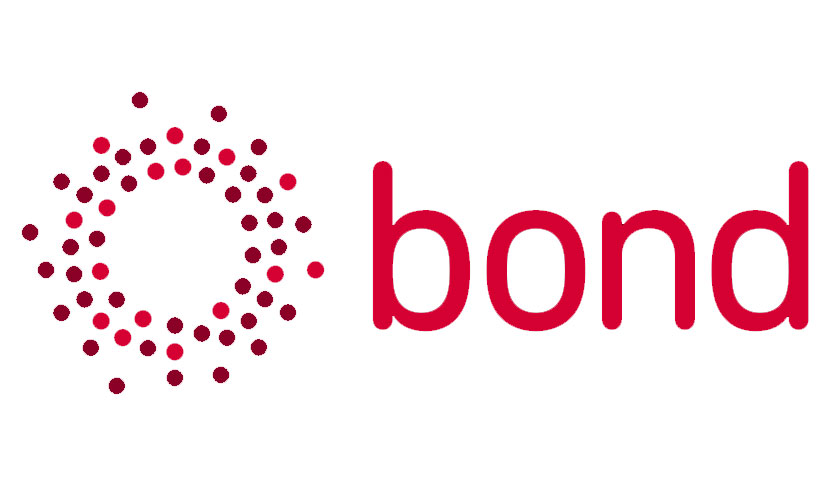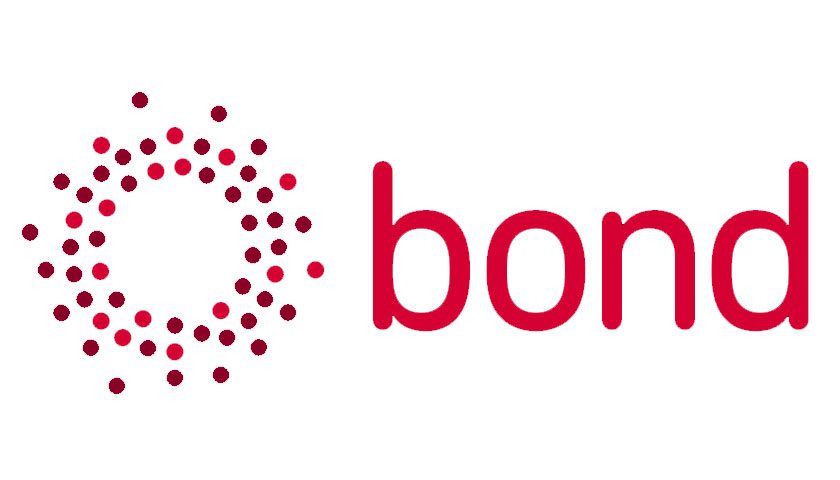Bond, the UK network of international development organisations, has put together a collection of case studies to help international non-governmental organisations (INGOs) consider alternatives to the traditional grant funding model to generate their own income and avoid funder restrictions whilst shifting both income and power to local communities.
As the funding environment for INGOs becomes increasingly difficult following the Covid-19 pandemic, cuts to the UK aid budget, the ongoing cost-of-living crisis and loss of funding from the European Union, organisations are increasingly forced to find new income streams instead of relying on traditional, grant-led business models. The INGO sector has at the same time seen a shift in focus towards how the INGOs can decolonise how they work to become anti-racist.
These case studies highlight examples of innovative and sustainable income streams bypassing the limitations that funders place on them, and at the same time help build equitable relationships with communities in lower- and middle-income (LMIC) countries.
The case studies include Restless Development’s consultancy model, Choose Love’s income generation work through their entrepreneurial approach and Ripple Effect’s social enterprise led development. Read them online.
Zoe Abrahamson, Sector Transformation Manager at Bond said:
These case studies have been collated to help INGOs understand that business models are not just about organisational financial sustainability, they can also help support strategic objectives and values, and shift power to local communities.
Stephanie Draper, CEO at Bond said:
We hope that these case studies will inspire and inform INGOs to diversify their business models to shift power to local communities so they can generate their own income.
Read the full case studies online. Summaries below:
- Case study 1: Restless Development: the consulting model
Monetising expertise and networks, such as consulting models where INGOs sell their expertise.
Restless Development’s new venture, Restless Experts, trains, mentors, nurtures and connects young people to use their youth power and lead change. Where possible, young people deliver consultancy work based on their expertise without having to bring in external consultants, which generates income for Restless Development and helps to achieve strategic objectives to champion the power of young people, redefine expertise and restore power to communities.
The initiative supports young people to provide regular advice and guidance to institutions, governments, partners and corporations on how to develop strategies and approaches that include youth perspectives.
Recent examples of Restless Expert’s work include reviewing the Danish Ministry of Foreign Affairs’ youth-related engagements, assessing Family Planning 2020’s approach to meaningful youth engagement, training USAID staff and implementing partners and developing recommendations to guide the Solutions For Youth Employment (S4YE) Coalition on how to meaningfully engage young people in its work.
Find out more about this case study.
- Case study 2: Choose Love: generating income through entrepreneurial DNA
Charity shops and t-shirt sales use the charity’s brand name to generate income
Choose Love has disrupted the traditional charitable model by viewing itself as a powerful brand that also walks the talk with equally strong social justice values. They have developed a new model of democratising funding to provide community-based services to displaced people. It has a diverse income stream and tries to raise unrestricted income to be responsive to its partners’ needs.
Choose Love was born on social media in 2015 and close to 50% of its income is generated from public forms of fundraising. The other 50% comes from traditional philanthropy, trusts and foundations and high-net-worth individuals. Having a diverse income stream is important to Choose Love’s model. Where possible, the organisation always tries to raise unrestricted income so it can be responsive to its partners’ ever-changing needs.
Radical transparency is key to Choose Love’s business model. Being visible and offering a platform to partners through social media builds trust with supporters. Celebrities fuel considerable income generation for the organisation and act as role models. Choose Love’s trustworthy and relevant brand fuels the diversification of its business model.
Find out more about Choose Love.
- Case study 3: Ripple Effect: a social enterprise
Social enterprises, enterprise-led development, and other income generating activities help organisations achieve charitable objectives.
Ripple Effect has been working with farming communities across East and Southern Africa since 1988. After encountering increased challenges by relying on the traditional grant model, Ripple Effect embedded a more entrepreneurial mindset in the organisation in an attempt to drive sustainability. Ripple Effect adapted its traditional grant-funded programme from community farmers volunteering their time to a paid-for service that generates an income for farmers.
Ripple Effect directly trains and upskills farmers to become peer farmer trainers, rather than using a consultant who does not understand the context, creating strong bonds and building social capital with farmers and communities. Ripple Effect’s locally led approach restores dignity to farmers and their communities.
Adapting the peer farmer trainer model to a market-based approach has generated income for farmers and their communities, and at the same time ensured the long-term sustainability of Ripple Effects’ work. Local farmers pay the peer farmers for their services, which Ripple Effect intends to scale up within the organisation.


